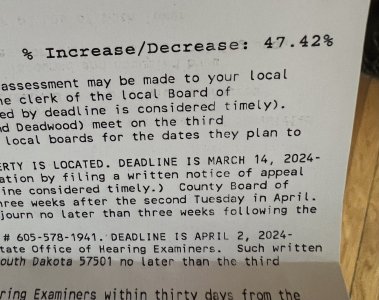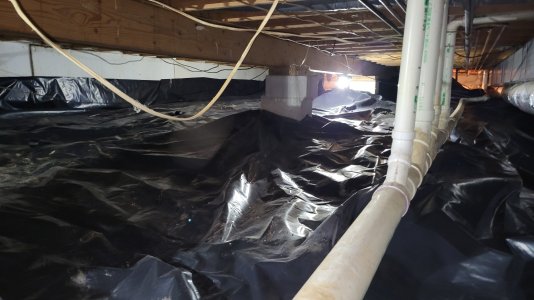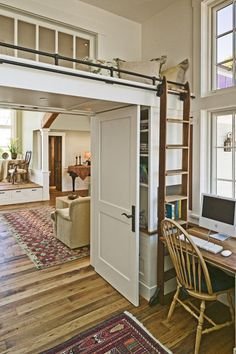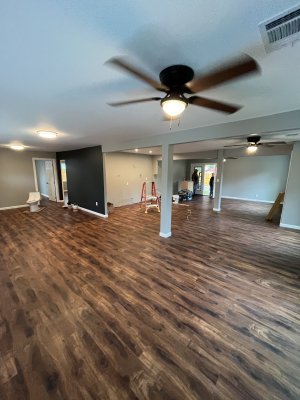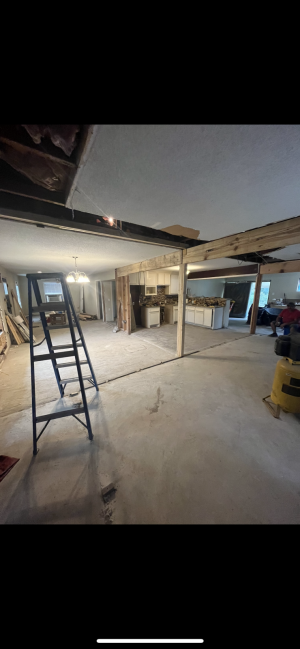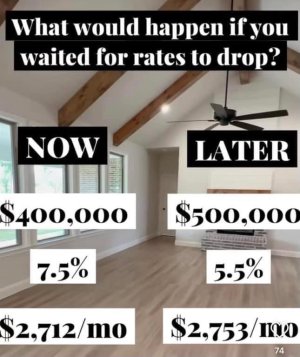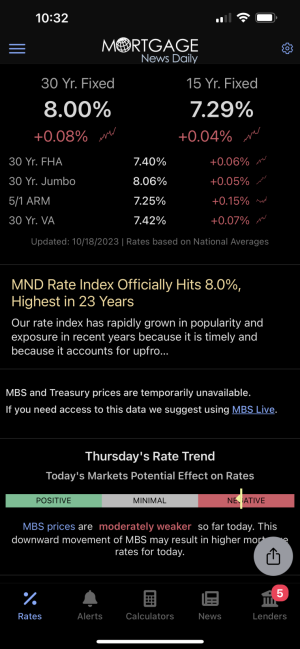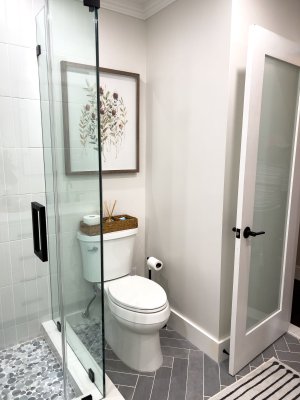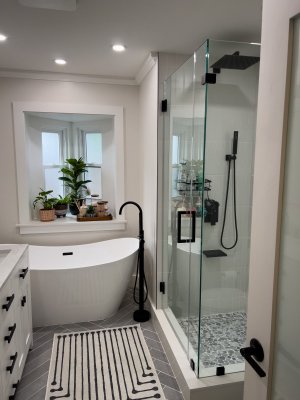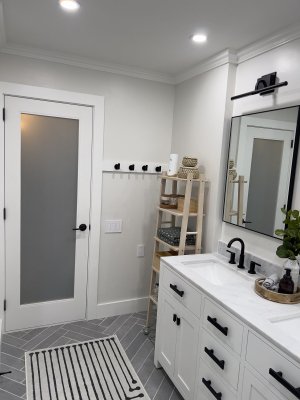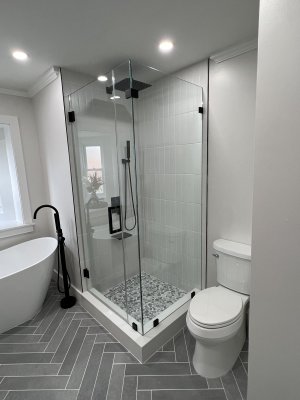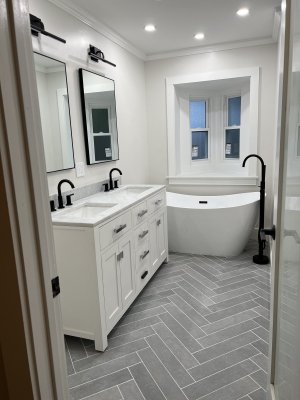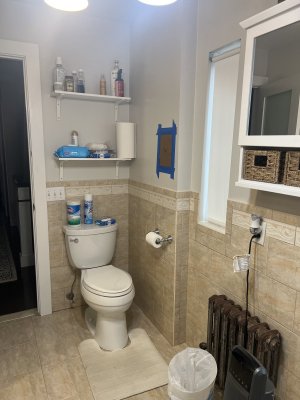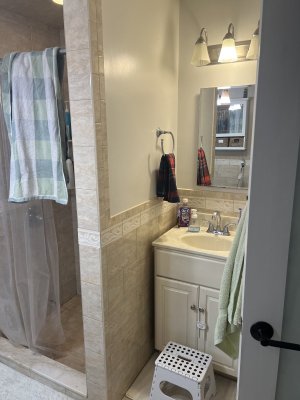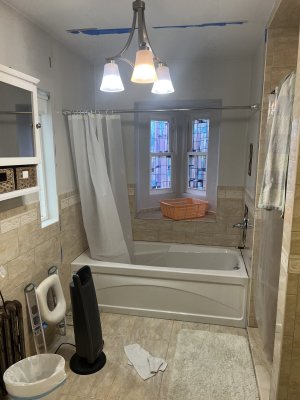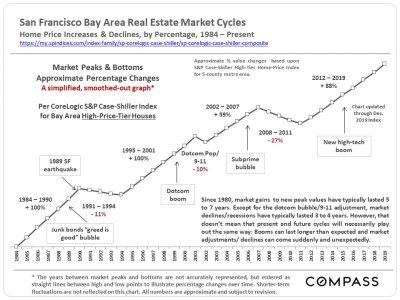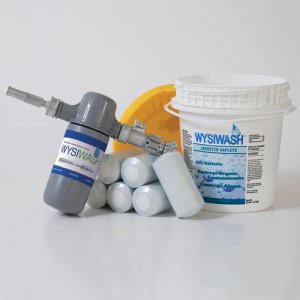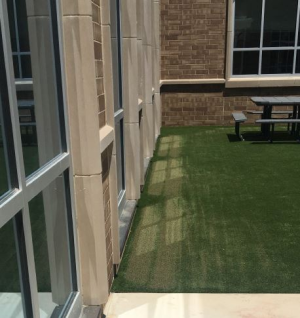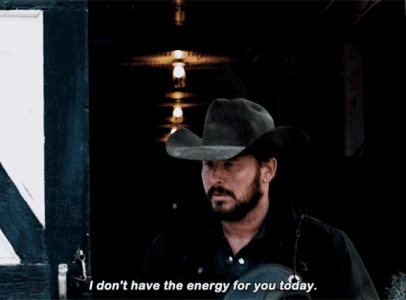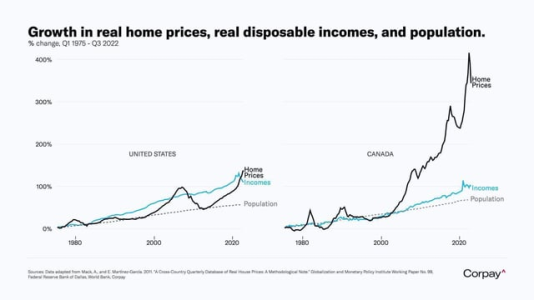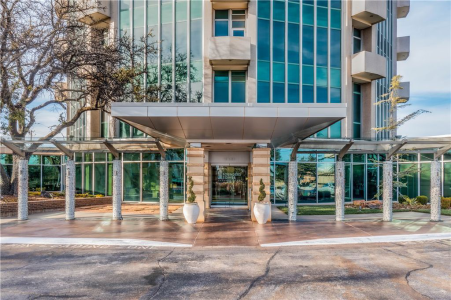john hancock
Banned
- 924
- 563
- Joined
- Oct 22, 2014
DC and Baltimore is weird, one minute you're in booming community by the harbor, then next thing you know you're expecting Cheese Wagstaff to jump out and rob you. DC is a little more nicer, but it's the same thing, about 2 miles from the White House it looks like a ghost town in the ghetto.
Lol real live when I went over there I saw a white couple walking with their suitcases to the metro.
I immediately thought , oh it can't be that bad around here lol. From what you all are saying it seems like its a really bad area.
I'm torn on where to purchase around here. VA isn't really an option right now. I will be working in Annapolis Junction , MD thats too far of a commute.
But over all the people are nicer in DC and safer. I wouldn't buy any property there though.
Last edited:




